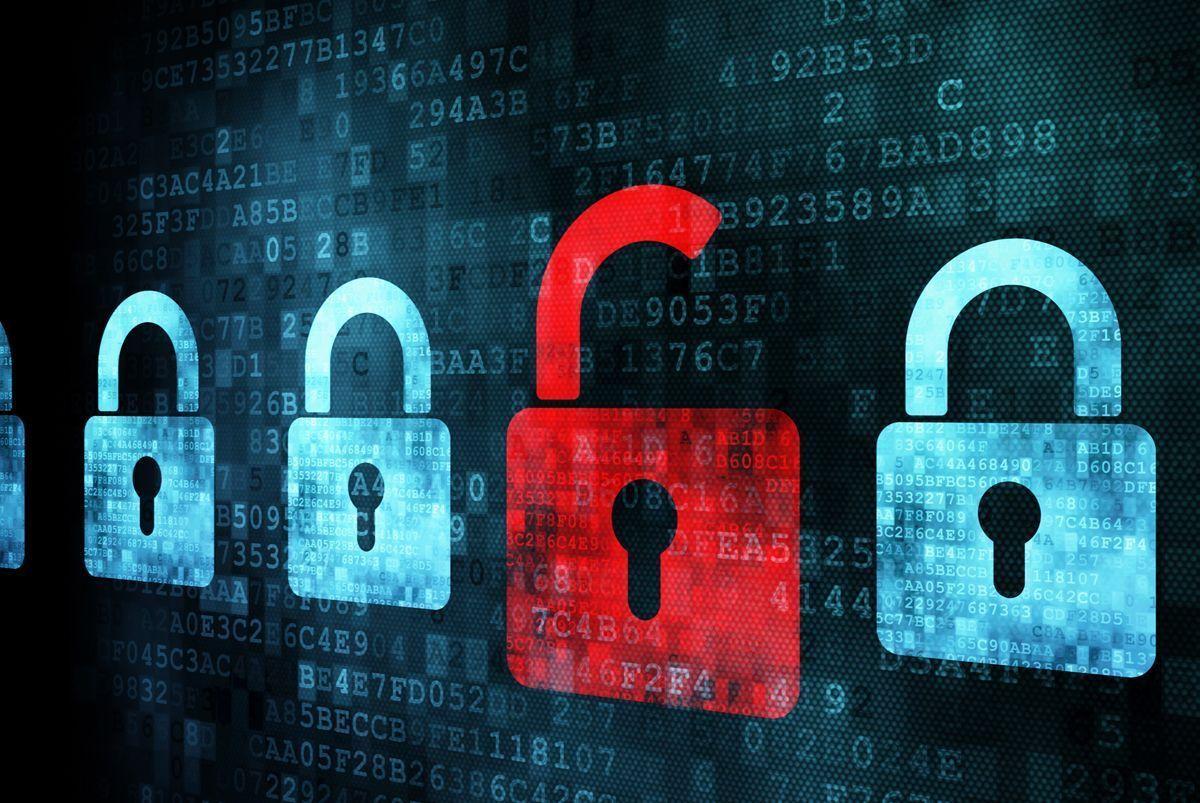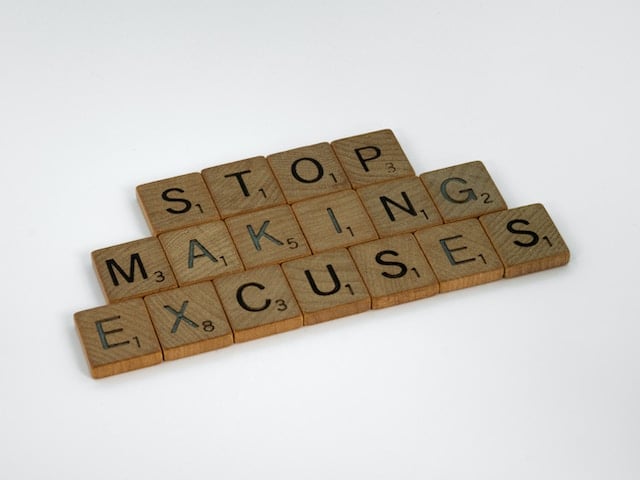4 min read
Why Lawyers Should Prioritize Housekeeping
Over the years I have visited more firms that I can remember; but no visit stands out more than the one that made me feel as if I had walked on to...
We've crafted solutions tailored to your firm
The world of insurance for law firms can be confusing, and difficult to navigate. We've created this glossary because these common insurance terms should be easy to understand.
2 min read
 Mark Bassingthwaighte, Risk Manager
:
Aug 27, 2019 12:00:00 AM
Mark Bassingthwaighte, Risk Manager
:
Aug 27, 2019 12:00:00 AM

I recently asked several of our claims attorneys to identify the top habits they felt new lawyers should develop from day one. With one exception, the list they provided covered the habits I expected they would prioritize. And yet, the more I thought about that one exception, the more I realized how spot on they were. In short, every lawyer should make a habit of writing well and here’s why.
The professional writing you do — be it an email to a client, a brief filed with a court, or a response to opposing counsel — can too easily say more than you might intend. For instance, think about the hastily written email composed with little forethought, a legal brief impetuously penned under a time crunch or an emotionally written response to opposing counsel. In short order, you could come to realize that, well, as the character Hagrid from the Harry Potter series would sometimes say, “I shouldn’t have said that.”
The correct choice of words and proper grammar matter because poor writing often results in the sending of a secondary and unintended message that says something about your competency, civility, or even your integrity. The better the writing, the lower the risk.
Start by being intentional as opposed to impulsive. To allow your emotions to get the better of you with any work-related writing is simply asking for trouble. Better yet, if time permits, read aloud what you’ve written or set it aside and come back to review it a day later. Either approach can help you avoid saying something you might later regret.
Next, be concise and write to your audience. For example, if your audience is a nonscientist, which of the following two sentences more clearly answers the question, ‘what color is the sky?’ 1) “Only on days when the sky isn’t completely saturated with an aerosol of a visible mass of minute liquid droplets, the gas molecules that make up the earth’s atmosphere will, through a process called Rayleigh scattering, absorb light waves with shorter wavelengths then radiate this energy back out into the sky in many different directions which will result in anyone standing on the ground on such a day seeing a blue sky,” or 2) “On clear days, the sky is blue.” The second sentence is always going to be the better choice.
In a similar vein, use plain English instead of confusing legalese because any writing full of gobbledygook serves no one. Consider poorly drafted legal documents. If the understanding you intended to convey is eventually misinterpreted by one or more of the parties due to the inclusion of such gibberish, you may have a very serious problem on your hands.
Finally, proofread everything you write and don’t rely on spellcheck. Better still, have someone else review what you’ve written for two reasons. First, a fresh set of eyes can often catch a few typos you’ve been missing; and second, it’s a great way to confirm that your words are being interpreted correctly.
Since 1998, Mark Bassingthwaighte, Esq. has been a Risk Manager with ALPS, an attorney’s professional liability insurance carrier. In his tenure with the company, Mr. Bassingthwaighte has conducted over 1200 law firm risk management assessment visits, presented over 600 continuing legal education seminars throughout the United States, and written extensively on risk management, ethics, and technology. Mr. Bassingthwaighte is a member of the State Bar of Montana as well as the American Bar Association where he currently sits on the ABA Center for Professional Responsibility’s Conference Planning Committee. He received his J.D. from Drake University Law School.

4 min read
Over the years I have visited more firms that I can remember; but no visit stands out more than the one that made me feel as if I had walked on to...

4 min read
Updated 07/2023 Lawyers remain a high-profile target for scammers hoping to get away with wire fraud and the attack vectors they are using continue...

Engagement letters seem to be one of those documents most lawyers intellectually appreciate the value of but often underutilize. This letter simply...